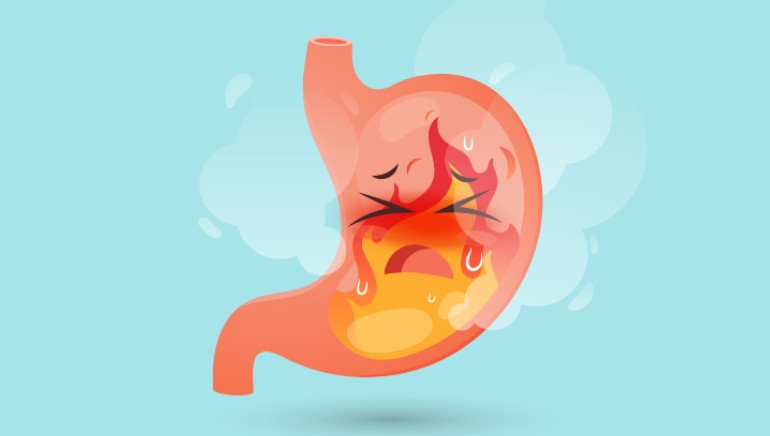
The way to a healthy heart goes through your stomach. But it’s not just a matter of heart! Your gut health affects the entire body – from your immunity to your mood. Apart from maintaining a healthy diet, it is vital that you take the right measures to improve digestion. If your tummy can’t absorb and assimilate all the nutrients your diet is offering, even the best of diet plans will be found lacking. But don’t worry! We are here with some do’s and don’ts you can follow to make everyday digestive disorders a thing of the past.
Ayurveda expert Dr Dixa Bhavsar Savaliya recently shared a post on her Instagram account, revealing the common, everyday errors which might be the reason behind your less-than-optimum digestion.
‘An-after-the-dinner-wine in the bath’ sounds soothing, but is it healthy ? Ayurveda says no. Food digestion depends on the fire element in the body. “When you eat, the fire element gets activated and results in increased blood circulation for effective digestion “ Taking a bath will cause your body temperature to go down, thereby slowing your digestion. Our digestive enzymes also work in a narrow temperature range, and showering just after meals will render them less effective. So, make sure you maintain at least a 2-hour gap between bathing and eating.

Don’t our moms always tell us to avoid exercising after meals? Dr Savaliya agrees with this mom-logic. The Ayurveda expert says, “walking long distances, swimming, exercising – all these activities are Vata aggravating”.
For the unversed, Vata consists of air and space elements. Disturbing your Vata can cause bloating, incomplete absorption of nutrition and a feeling of discomfort post meals.
While we are advising you to avoid exercising after meals, doing a ‘Shat pavali’ is highly recommended in Ayurveda. Shat pavali literally translates to ‘a hundred steps’. So, mild walking after meals – for about 1-10 minutes – is a good habit to ingrain in your life.
According to the Ayurveda medicine system, you should have lunch between 12 to 2 p.m. – when the sun is at the peak in the sky, to improve digestion. During these hours, Pitta – which comprises the fire and water elements – is dominant. If you want your food to get easily digested, you should pay close attention to Pitta.
Pitta soars in the afternoon, and so, Ayurveda considers lunch to be the most important meal of the day. It would be best to grab a moderate to heavy lunch. Skipping lunch is a no-no!

Although curd is a storehouse of many nutrients such as vitamin C, vitamin B 12, vitamin A, calcium and potassium, eating it with dinner might be the reason why you may feel constipated.
“Curd is sour and sweet in taste, so it increases Kapha and Pitta dosha in the body,” reveals the Ayurveda expert. Did you know that there’s a natural predominance of Kapha in the body during night time? So, consuming curd in the late hours can lead to an excess of Kapha dosha in the body.
Our circadian rhythms or biological clock dictates the fluctuations of the body temperature. When we sleep, our body temperature starts dropping. Now, you’ve already learned that digestion slows down at low body temperature. So, following the advice of a medicinal system, you should maintain a gap of at least 3 hours between meals and sleeping time.
Select Topics of your interest and let us customize your feed.
PERSONALISE NOW“During sleep, the body repairs, heals, and restores while the mind digests thoughts, emotions, and experiences from the day,” says Dr Savaliya. That’s why the last meal of the day should be relatively light and well before bed.